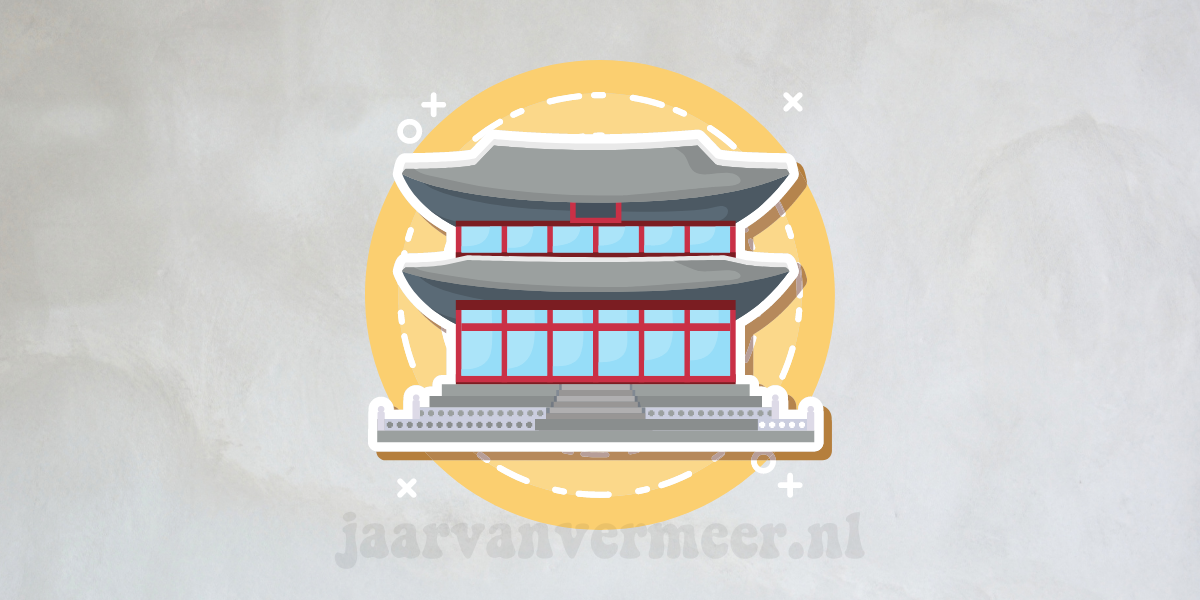
Asian countries are often included in the same group when discussing cultures and business etiquette. It is not always true that all cultures and ethnicities living in the same region of the globe share the same values or traditions. Although there are similarities in culture and history between Asian countries, each country is unique and has its own business model.
Respect is the most important thing. Ask questions if you are unsure of what to do or say in business settings or casual settings.
Respect can be shown by showing that you are open to learning and observing their customs. Even if you are not able to learn and adapt to the many traditions of these countries, there are some key points to keep in mind when traveling for business.
Japan
It is customary to bow when you meet someone new in Japan. Your hosts might be familiar with Western traditions and may offer to shake hands. You can expect to receive either one or both greetings from your host. Follow the example of your host. Keep your head straight, your hands at your sides, and your back straight to properly bow. Avoid putting your hands in pockets or crossing your arms. This is an American cultural sign of boredom and disinterest.
Japan is a more popular country for business cards than the United States. Accept a card with both your hands and carefully read it. Respect and care for the person who gave you the card are shown by this gesture. When you’re seated, place the card on the table or in your card case. You should not put the card in your pocket or bag. Keep your cards safe by keeping them in a sturdy case.
Avoid:
The point with your fingers or other objects such as chopsticks and pens.
It is not shared and could be considered rude.
Point out someone’s error. Respect your business partners and hosts.
It is late. Be 15 minutes earlier than usual.
China
As you would in America, greet someone with a firm handshake when they meet you for business. Business cards are essential in Japan, similar to Japanese culture. You can offer and receive cards using both your hands. Print your information in both Chinese and English if possible.
Chinese business culture values patience and following up. You should be prepared for lengthy meetings and speeches. While you may be asked to speak, keep your remarks brief and not take over the conversation. You can follow up on a session by sending an email that highlights the positive points and makes decisions. However, don’t go too long with your comments.
Many business meetings are held over meals. You will learn how to use chopsticks and where they should be placed when you eat. It is better to put them on the holder than in the bowl or on the plate. Offer to host a second meal or a meeting if you are asked.
Avoid:
being late. If possible, be on time.
Don’t speak too loudly. Your host’s tone should match yours.
It is not acceptable to interrupt holidays or ignore superstitions. Respecting tradition is essential.
The point with other objects or your figures.
India
American citizens are fortunate that English is the most widely used business language in India. However, Hindu is spoken extensively in other parts of the country. Begin by greeting your host by putting your palms together and pointing to your chest. Give a slight bow to the head or nod your head.
Sometimes, nodding is a sign that you understand rather than agree. When speaking in business meetings, be careful not to confuse them.
As in China, holidays should be respected and observed. Holidays in Hinduism can last more than one day, so plan your trip accordingly.
Avoid:
Except when the host offers their hand, shaking hands is not appropriate, especially for women.
She was refusing to eat or drink at a meeting. Accept what you are offered to ensure that you don’t offend.
MI Translations is committed to providing high-quality, accurate translation services. Our team and the processes that we use to guide our work have helped us stand out.
Everything we do is a commitment to excellence. It’s as simple as that.